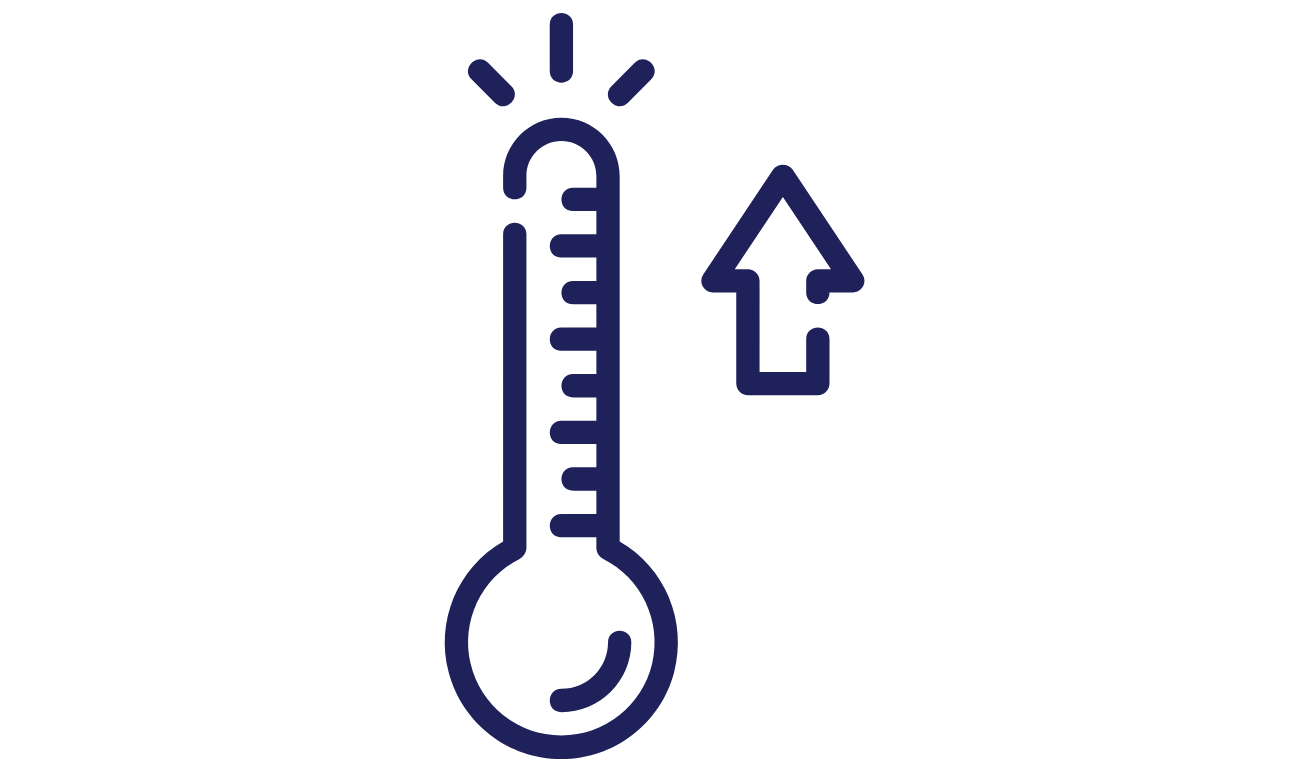Fever Management
A fever occurs primarily as a defense mechanism triggered by the body in response to infections, inflammation, or other conditions. The elevated temperature helps inhibit pathogen growth and supports the immune system in fighting illness. A higher body temperature can speed up the production and function of immune cells like white blood cells and antibodies, helping the body fight infection more effectively.
Fever symptoms
- Chills and Shivering: The body’s response to raised temperature
- Sweating: Once the fever breaks, sweating can occur as the body cools down
- Fatigue and Weakness: The body uses energy to fight infection, leading to tiredness
- Headache and Muscle Aches: Common accompanying symptoms of fever
- Loss of Appetite: A decrease in appetite often occurs with fever
When to seek medical care: Children and Adults
- High Fever (above 103°F/39.4°C): Especially in children, the elderly, or those with weakened immune systems. Seek medial attention if your fever is not responding to medication like acetaminophen or ibuprofen
- Persistent Fever: A fever lasting more than a few days without improvement or that returns after subsiding
Early medical intervention can help ensure that any underlying condition causing the fever is properly diagnosed and treated.If you or your child are experiencing a fever, our providers at PromptMed Urgent Care are equipped to aid in your care. No appointment necessary, walk-ins are always welcome.
Find your PromptMed Urgent Care, here.
At home fever management for children
- Fluids: Encourage children to take small sips of liquid throughout the day, even if they are not thirsty
- Keep Them Comfortable: Light clothing and a lukewarm bath can aid in keeping your child from overheating, which can worsen a fever
- Fever Reducing Medications: Acetaminophen (Tylenol) or Ibuprofen (Advil, Motrin)
